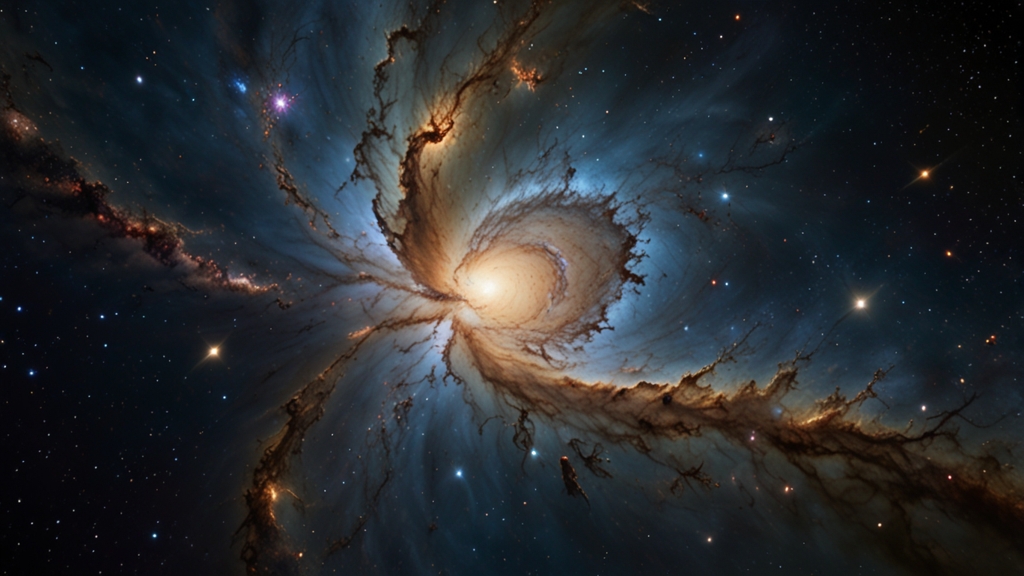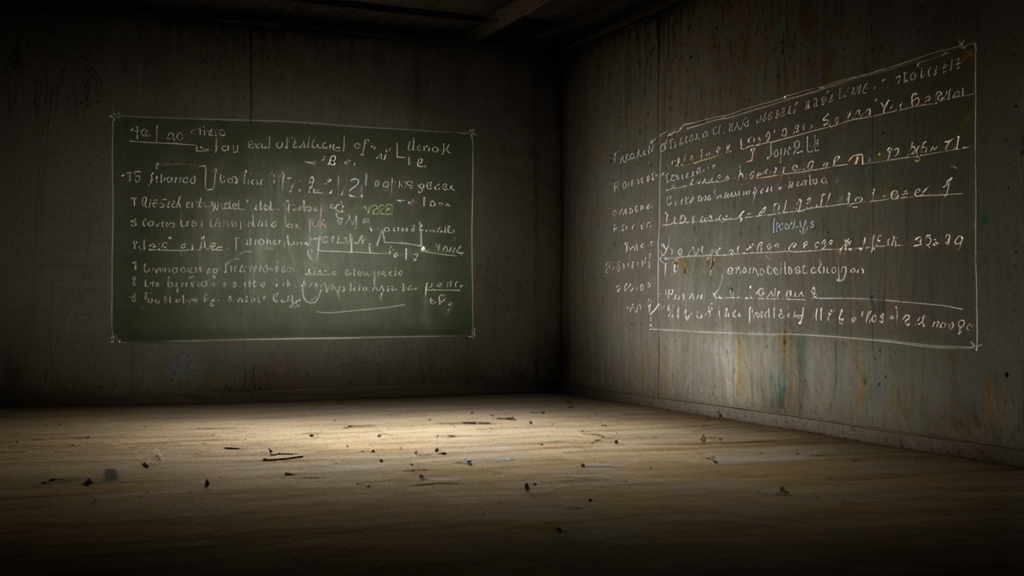Galaxies Colliding: What This Cosmic Catastrophe Means for Our Future
Galaxies are the grandiose tapestries of the cosmos, sprawling collections of stars, gas, dust, and dark matter that form the building blocks of the universe. However, unlike the static images often seen in textbooks, galaxies are dynamic, evolving entities. One of the most awe-inspiring yet cataclysmic events in the life of galaxies is their collision. But what does such a profound event mean for our cosmic neighborhood and, more specifically, for our future?
The Science Behind Galactic Collisions
When two galaxies collide, it is not akin to the sudden crash we might imagine. Instead, it's a slow dance that can last billions of years. The gravitational forces between the galaxies tug at each other, distorting their shapes and triggering waves of star formation. Despite the violent connotation of a 'collision,' stars within these galaxies rarely smash into each other due to the vast distances separating them. Instead, it is the gas clouds that collide, compress, and ignite to form new stars.
The Milky Way and Andromeda: A Future Collision
One of the most talked-about galactic collisions is the anticipated encounter between our Milky Way and the neighboring Andromeda Galaxy. Current estimates suggest this cosmic event will occur in about 4.5 billion years. The result will likely be a new, larger galaxy, sometimes referred to as "Milkomeda" or "Milkdromeda."
"In cosmic terms, 4.5 billion years is a mere blink of an eye. When we talk about galactic collisions, we are talking about transformative events that reshape the very fabric of our universe," says Dr. Phaedra Uno, a leading astrophysicist.
Implications for Our Solar System
While the collision between the Milky Way and Andromeda may sound cataclysmic, it's unlikely to directly affect our solar system in a destructive way. The vast distances between stars mean that our Sun and its planets will probably not collide with another star. However, the gravitational disturbances will likely fling our solar system into a different part of the resulting galaxy, potentially altering our night sky forever.
"The odds of a direct hit on our solar system are astronomical, but the gravitational jostling could send us on a cosmic journey through the newly formed galaxy," explains Dr. Uno. "It’s a gentle drift rather than a catastrophic upheaval."
Cosmic Catastrophe or Cosmic Opportunity?
Beyond the immediate physical implications, galactic collisions offer a unique opportunity for scientific discovery. These events provide crucial data on the processes that govern star formation, galactic evolution, and the role dark matter plays in our universe. Observing other galactic collisions has given astronomers a glimpse into our own future, driving advancements in technology and theory.
A New Home in a New Galaxy
As humans, the notion of home is deeply ingrained in our psyche. Our place in the Milky Way has long been a part of our identity as cosmic explorers. However, the inevitability of galactic collision invites us to expand our concept of home to something broader, more fluid. While it may be billions of years away, the eventual merger of our galaxy with Andromeda challenges us to consider our place in a continually evolving universe.
If humanity survives to witness this colossal event, our descendants will look up at a night sky filled with a different arrangement of stars and perhaps a sense of wonder at the incredible journey through time and space that led to that moment. Galactic collisions, while seeming catastrophic, are a testament to the dynamic and ever-changing nature of the cosmos, reminding us that change, even on a cosmic scale, is a constant and awe-inspiring aspect of existence.










